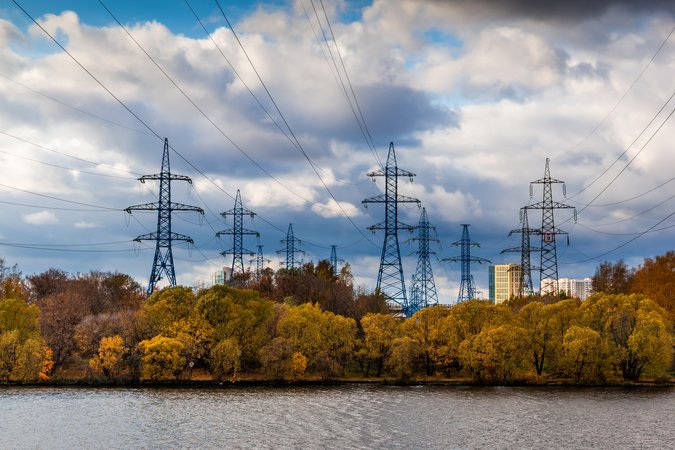Deepwater Drilling: Law, Policy, and Economics of Firm Organization and Safety
DownloadAlthough the causes of the Deepwater Horizon spill are not yet conclusively identified, significant attention has focused on the safety-related policies and practices—often referred to as the safety culture—of BP and other firms involved in drilling the well. This paper defines and characterizes the economic and policy forces that affect safety culture and identifies reasons why those forces may ormay not be adequate or effective from the public’s perspective. Two potential justifications for policy intervention are that: a) not all of the social costs of a spill may be internalized by a firm; and b) there may be principal-agency problems within the firm, which could be reduced by external monitoring. The paper discusses five policies that could increase safety culture and monitoring: liability, financialresponsibility (a requirement that a firm’s assets exceed a threshold), government oversight, mandatory private insurance, and risk-based drilling fees. We find that although each policy has a positive effect on safety culture, there are important differences and interactions that must be considered. In particular, the latter three provide external monitoring. Furthermore, raising liability caps without mandating insurance or raising financial responsibility requirements could have a small effect on the safety culture of smallfirms that would declare bankruptcy in the event of a large spill. The paper concludes with policy recommendations for promoting stronger safety culture in offshore drilling; our preferred approach wouldbe to set a liability cap for each well equal to the worst-case social costs of a spill, and to requireinsurance up to the cap.
Following the April 2010 Deepwater Horizon spill, numerous analysts and observers suggested that a stronger safety culture might have prevented the incident, and would reduce the likelihood of future spills. For example, following congressional hearings, Congressman Joe Barton (R-TX) stated “Our hearings discovered that significant cost-cutting measures resulted in decreased maintenance and inspections of the pipeline, and BP's management culture deterred individuals from raising safety concerns.” The National Commission on the BP Deepwater Horizon Oil Spill and Offshore Drilling went even further, suggesting that “failures in risk management . . . place in doubt the safety culture of the entire industry.” In their RFF paper, “Deepwater Drilling: Law, Policy, and Economics of Firm Organization and Safety,” authors Mark A. Cohen, Madeline Gottlieb, Joshua Linn, and Nathan Richardson examine how inculcating a safety culture is a key element in avoiding accidents in high-risk industries such as aviation and offshore oil drilling.
Safety culture is defined as the set of values held by employees and the firm’s policies that lead employees to prioritize health, safety, and the environment. Potentially, there are two reasons why oil-drilling firms may not choose the socially optimal level of safety culture. First, firms do not fully internalize the social costs of a spill, and second, “principal-agency” problems within the firm may cause incentives for adopting safety culture to be different for employees and owners of the firm. Using this framework, the authors find, current economic and policy incentives are insufficient for promoting safety culture. Policies should force internalization of spill costs and promote third-party monitoring to reduce principal-agency problems within the firm.
The authors assess five potential policy changes to incentivize stronger safety culture: raising liability caps; increasing financial responsibility requirements (that is, the assets a firm must have); requiring third-party insurance; increasing government oversight; and imposing risk-based fees.
Irrespective of other policy changes, they find that the Deepwater Horizon spill demonstrates a need for stronger government oversight. Recommendations that would improve safety culture for offshore drilling include:
- Raise the liability cap: Raise the liability cap to the level of social damages expected from the estimated worst-case spill for each well.
- Third-party insurance: Require third-party insurance to cover cleanup and containment costs as well as economic and natural resources damages associated with a spill.
- Financial responsibility requirements: If insurance is not feasible, firms should be required to display proof of financial responsibility equal to the maximum liability of the well, if not higher.
- Risk-based fees: Risk-based drilling fees should be used as part of an insurance pool, the Marine Well Containment Company, or in other contexts such as leasing and permitting.
Find more oil and gas, risk, and governance research and analysis from RFF here.
Authors

Madeline Gottlieb






